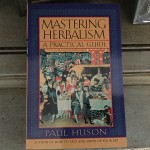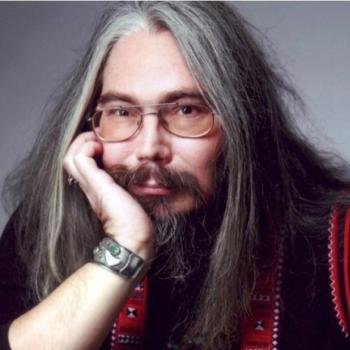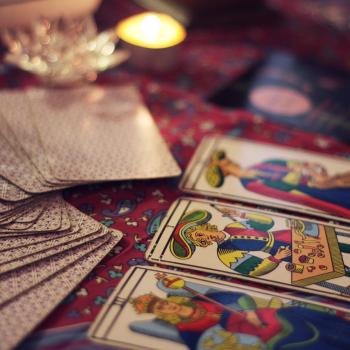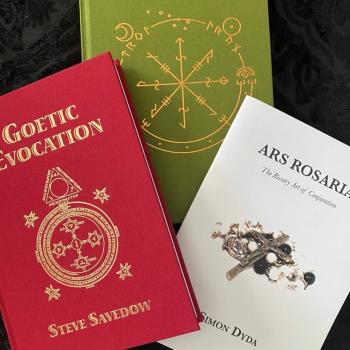A Typical Academic Occultist, Pennick has varying areas of expertise
British writer Nigel Campbell Pennick was born in Guilford, Surrey, England in 1946. Over the years as an artist and illustrator, he has worked in many mediums in addition to the medium of writing. growing up in England surrounded by its magical history provided Pennick with first hand insight into the folkloric practices of Great Britain. As an author, he has published over 50 titles in English and German; many of them written about magic, Pagan Religion, and traditional witchcraft practices. Some of his most influential and unique works are Pagan Magic of the Northern Tradition, Natural Magic, The Eldritch World, Operative Witchcraft, and Secrets of East Anglican Magic. These are just a few of his titles that would be of interest to the student of traditional witchcraft practices. Pennick has also co-written with many others on similar topics.
The Institute of Geomantic Research and most notably, the Library of the European Tradition, which published new research in the fields of geomancy and folklore. The library contains rare archival material from the 19th and 20th centuries. It provides a great resource for others continuing research in the field of folklore. Pennick was also one of the first to influence the idea of traditional witchcraft as non-wiccan, pre-modern presenting it as the first time as the “Nameless Art.” In this context he refers to the traditional folk practices existing throughout Great Britain, forming an oral tradition, which differentiates from the initiatory traditions of British Traditional Witchcraft as presented by Gerald Gardner.
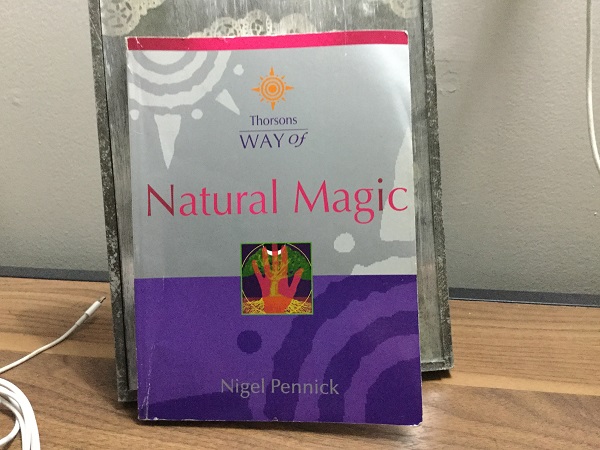
Pennick grew up surrounded by the influences of Enlglish folk magic
Growing up in England, Pennick experienced first hand the prominence of folklore and magical thinking in Great Britain. With the repeal of the anti-witchcraft law in 1951, people could be more open about their practices. Christianization came later to parts of northern Europe and the United Kingdom, which allowed traditions based on Pagan practices to continue much longer. Later, Pennick was able to travel to other parts of northern and central Europe in an effort to gather information from other societies that were predominantly Anglo-Saxon.
Unfortunately, his work doesn’t get the recognition that it deserves. He is not a mainstream writer producing work for a large publishing company. He is one of those authors that you don’t come across until you done some in depth reading. You will begin to notice how often his works are cited in the reference pages of many other publications written by other authors. His writing set the precedent for the conversation about modern traditional witchcraft practices based on the historical practices of their European ancestors. Pennick focuses mainly on the historical practices indigenous to Pagan Europe.
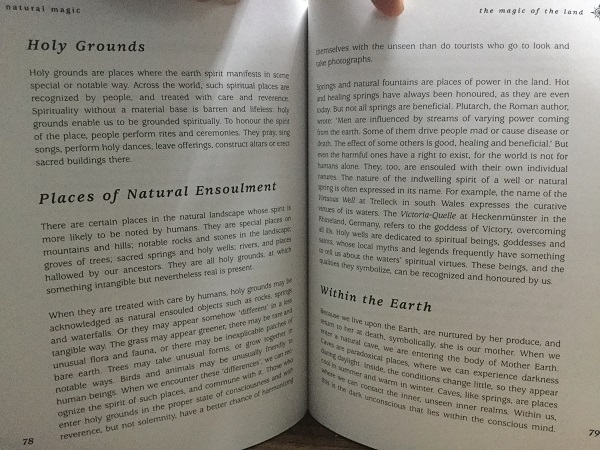
Natural Magic, A Practical Guide
This book, published in 2001, is already over fifteen years old. It is a well rounded introduction to the practice of “low” magic, working with the subtle forces of the natural world, the elements and the celestial bodies. This is a slim, but grand introductory book that presents the usual categories of basic magical practice, however his discussions are based on pre-modern practices and historical traditions presented without the bias of Wiccan religion or neo-paganism. This book is a great starting point for beginning one’s magical practice or foray into magical studies. The unassuming title and back cover make it sound like just another 101 book, but the information presented is not based on any particular theology, allowing the student to begin practicing without feeling obligated to dedicate oneself to a particular deity.
You can find many of Pennick’s titles for sale: Here

